Fans can get a pretty good idea of who John Lennon was — and what contradictions he lived — from his full body of solo music.
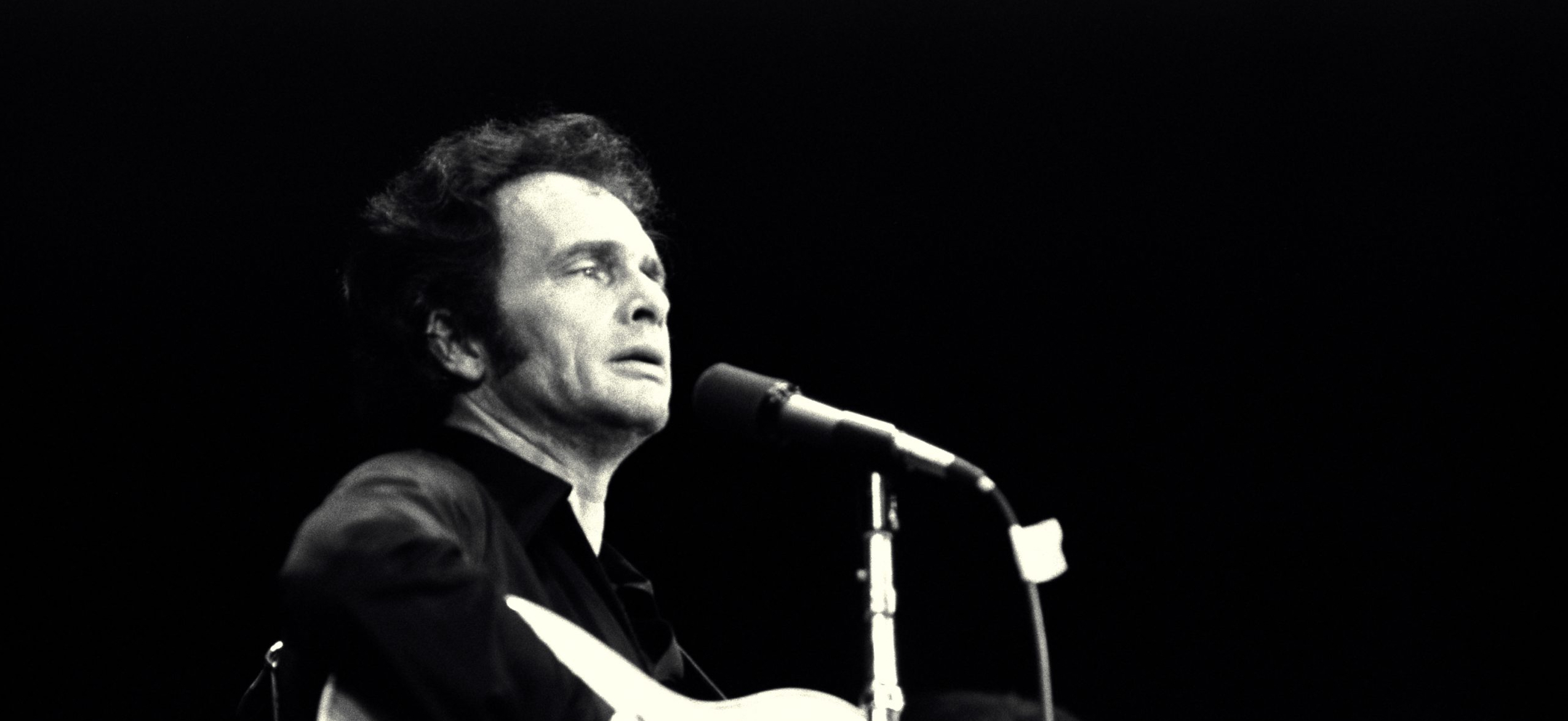
Merle Haggard: Down Every Road
In 1996, Capitol Records released a box set of country singer Merle Haggard’s music. After this review ran in Rolling Stone, a writer for a conservative newspaper, The Washington Times, took me to task for putting a liberal spin to the songs of a conservative artist. But as I wrote in this review — and I stand by it — seeing Haggard simply as a “conservative” doesn’t do him or his full body of work justice.
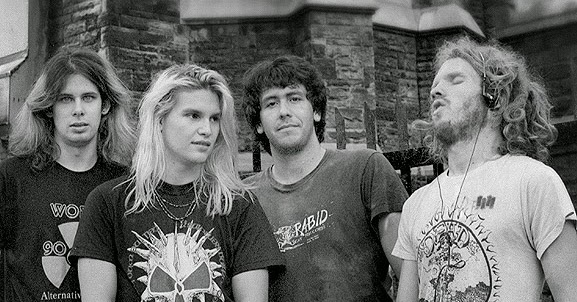
North Carolina Hardcore: Paradise Lost
It seemed ironic to me that two of the loudest, most prolific, and most politically vocal bands on North Carolina’s so-called new music scene of the mid-1980s represented a silent minority, shunned as if they were the black sheep of the South’s new musical family.
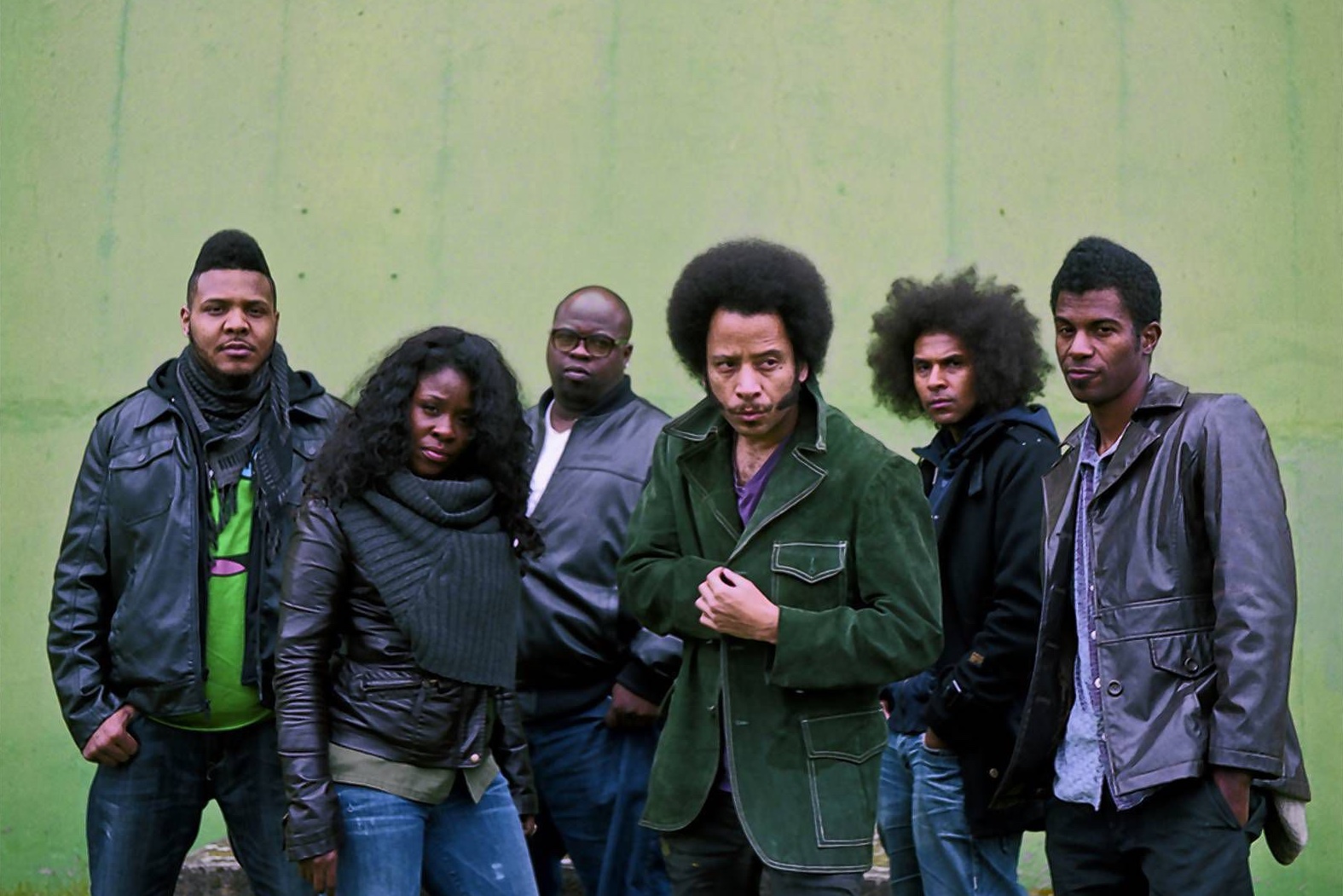
The Coup: Sorry to Bother You
This Oakland outfit continues to create danceable manifestos for the masses: “I got scars on my back, the truth on my tongue,” front man Boots Riley raps. “Tell Homeland Security we are the bomb.”

Phil Ochs: Song of a Soldier
A highlight of my career as a music journalist was being asked to write liner notes to a box set of music by my all-time favorite singer and songwriter, Phil Ochs — and then getting a Grammy nomination for my work.
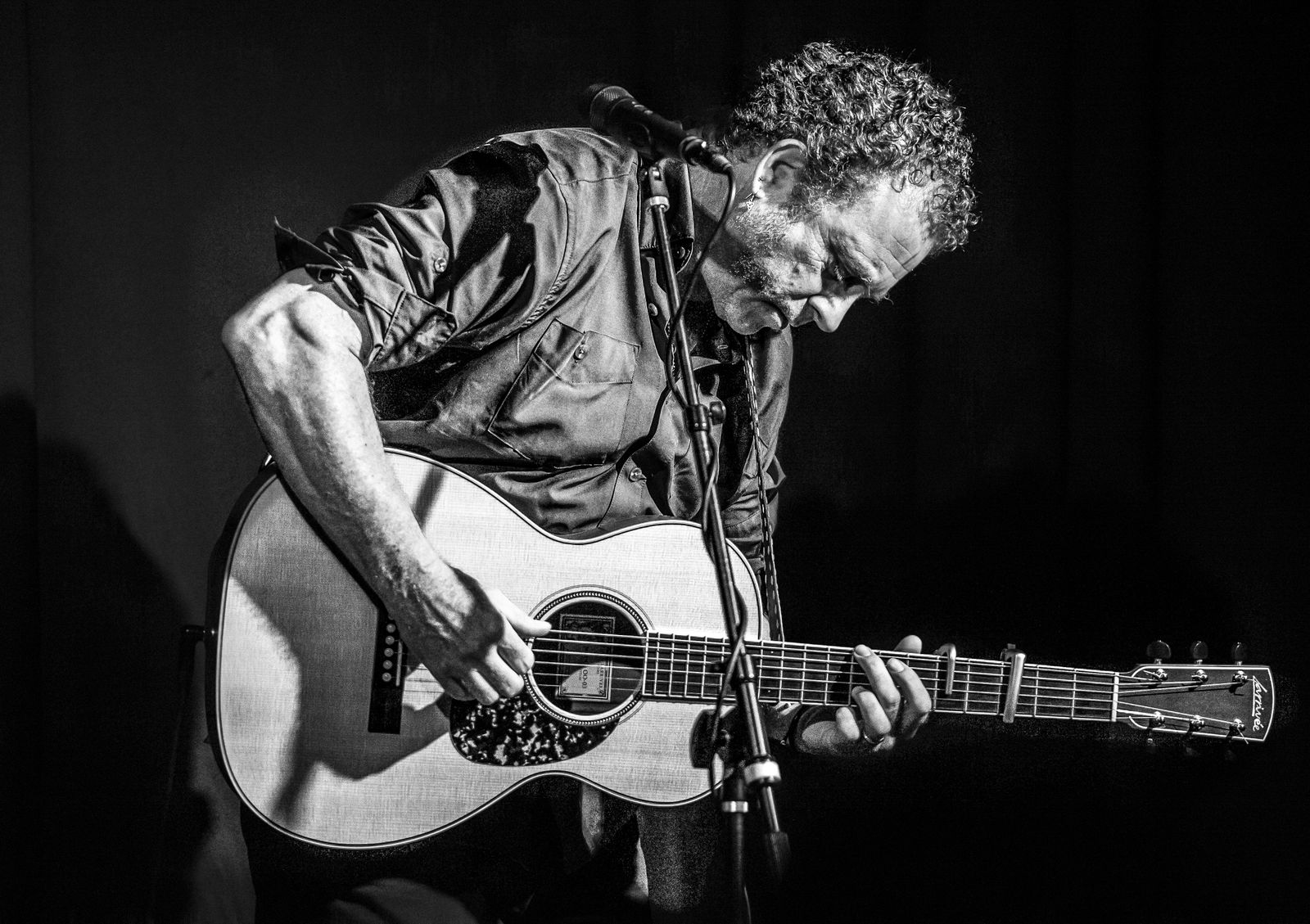
Nathan Bell: Red, White and American Blues
Before the worst president in American history incited a deadly insurrection at the White House, singer-songwriter Nathan Bell asked me to write the liner notes for his latest album, Red, White and American Blues (it couldn’t happen here).
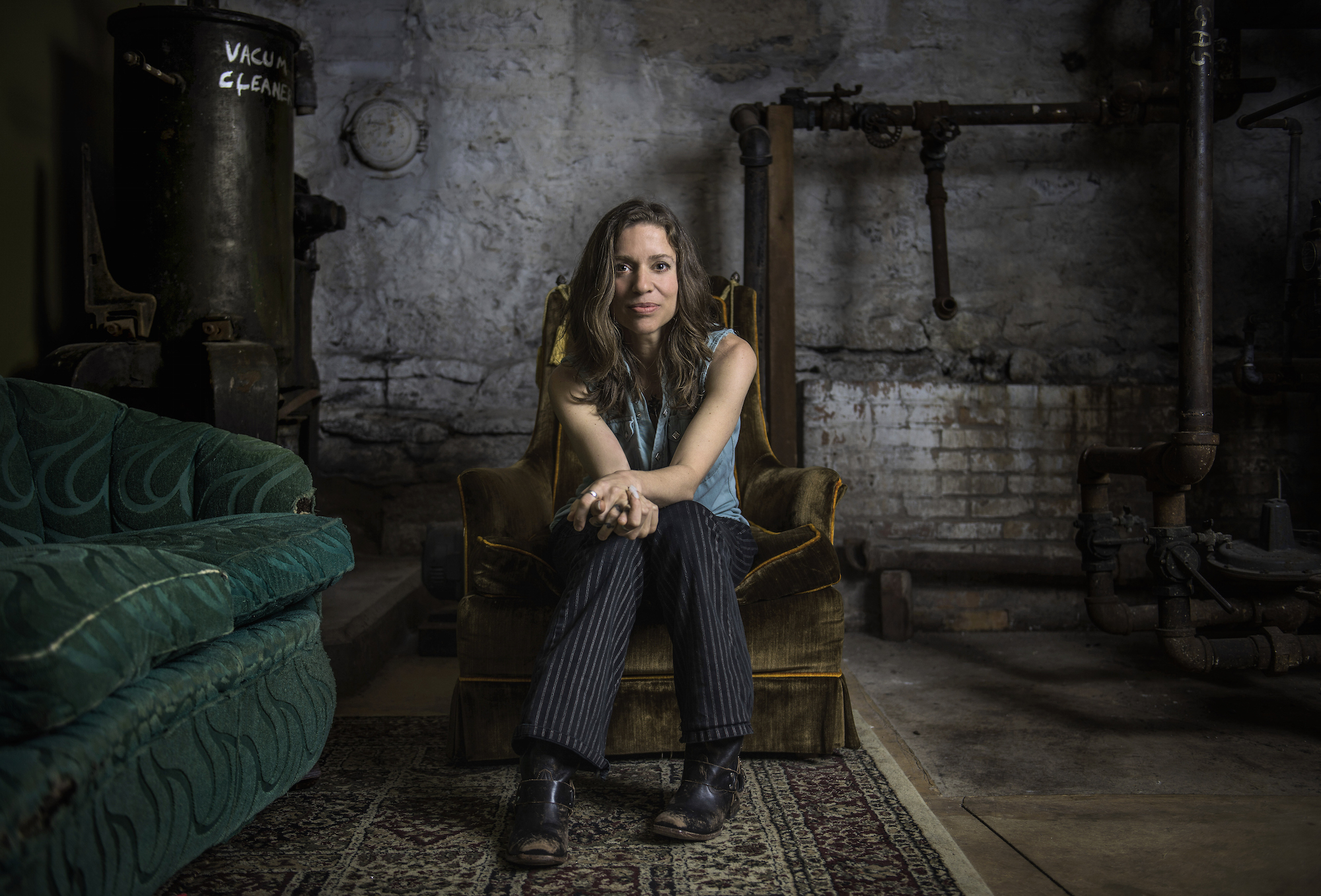
Ani DiFranco: Return of the Righteous Babe
Early on in what’s come to be slandered by the right as “cancel culture,” Ani DiFranco angered fans by planning an artist retreat at a former plantation. The irony was that DiFranco had spent her entire career as a stanch political ally, not just of Black Americans, but of all people of color, all gender identifications, the poor — basically, all people marginalized by the dominant culture. She survived the controversy with her fanbase intact.
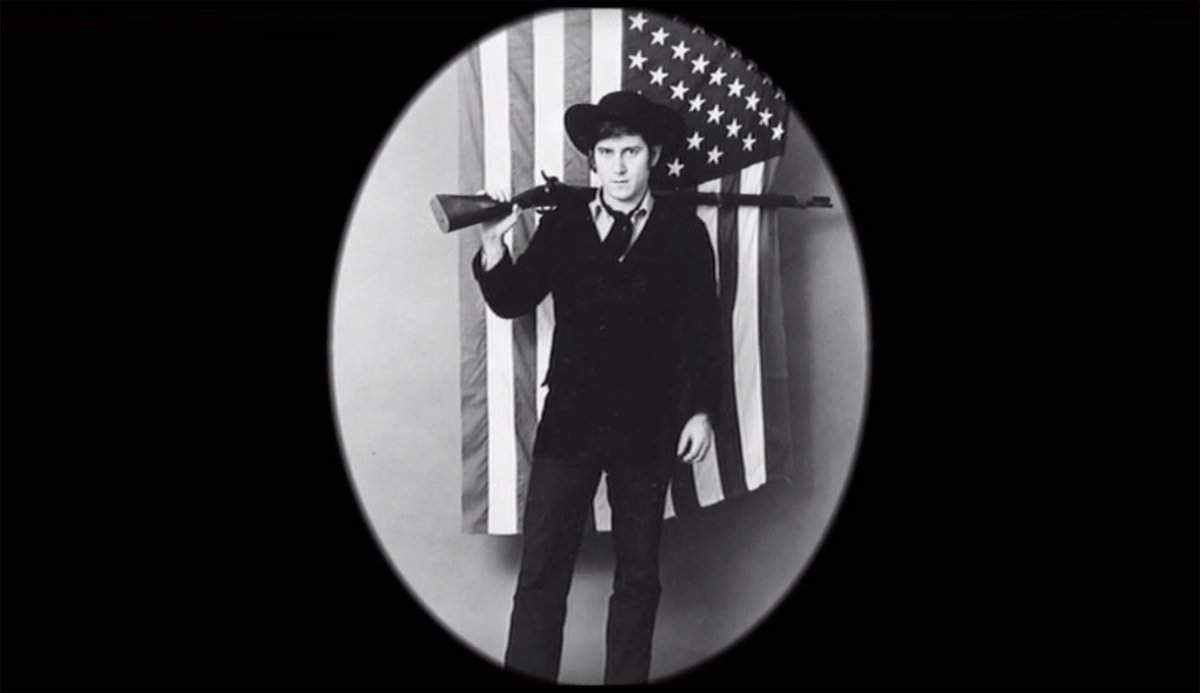
Why We Need Phil Ochs Now More Than Ever
“Phil Ochs was like Lenny Bruce – he just totally uncensored himself. He wrote the songs nobody else would.” — Butch Hancock
